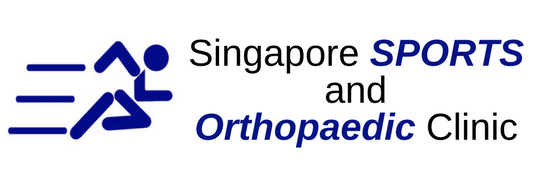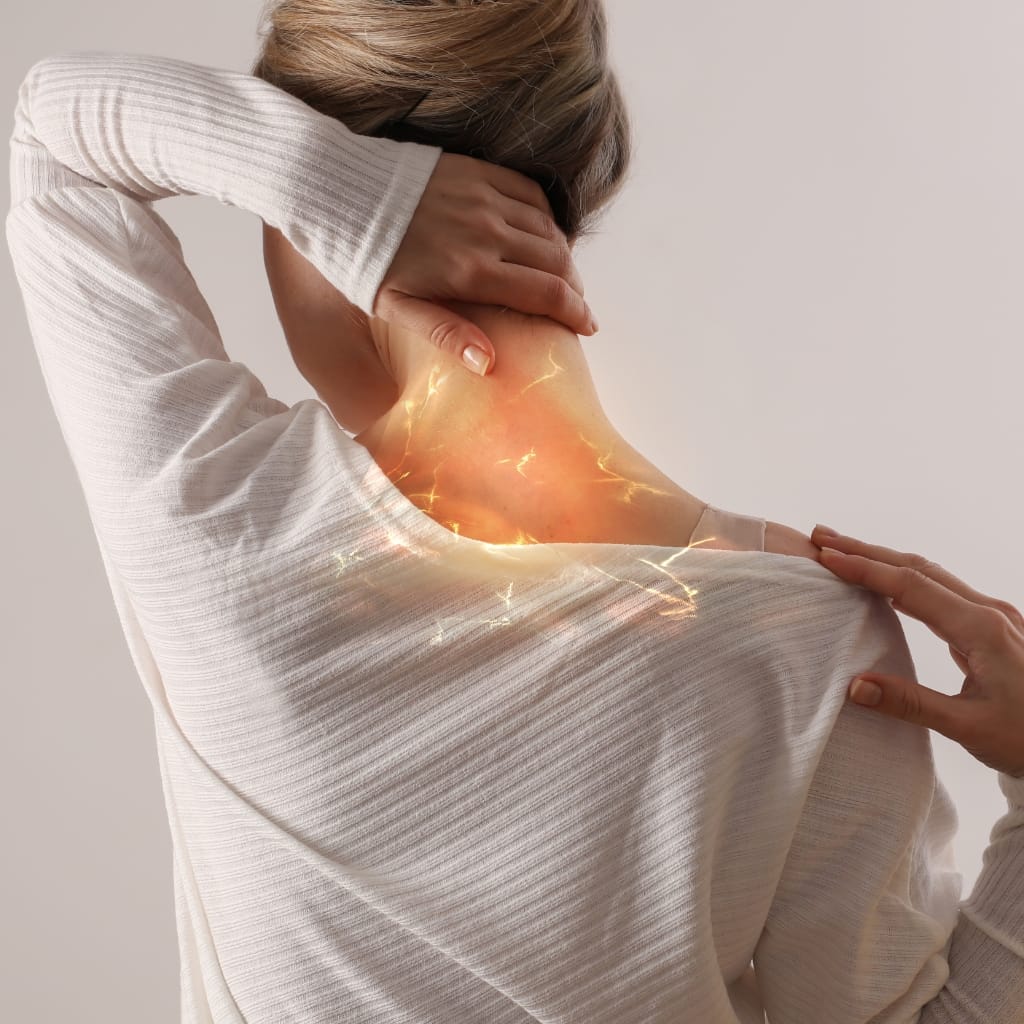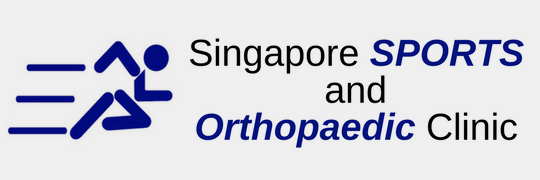Have you ever woke up to a stiff neck before? That uncomfortable and tight feeling that makes movement almost impossible and causing you a lot of discomfort throughout the entire day. Stiff neck are frequently experienced by many and it will usually go away by itself after a few days. You may rest assure that stiff neck is not an indication of any serious problems with your neck.
A stiff neck is typically characterized by difficulty moving the neck, especially when trying to turn the head to the side. It may also be accompanied by a headache, neck pain, shoulder pain or arm pain. In order to look sideways an individual may need to turn the entire body instead of the stiff neck. Most people are familiar with the pain of a stiff neck. In most cases, pain and stiffness go away naturally within a week.
If a stiff neck has not improved after a week, it should be checked by a doctor. Also, regardless of how long it has lasted, a stiff neck accompanied by fever, headache, nausea or unexplained sleepiness should be treated by a medical professional immediately.
Causes of Stiff Neck
Injury
Injuries are one of the most common reasons that one will experience stiff neck. A sudden jerking movement at the neck region can injure the muscles and ligaments, causing injury and subsequent pain and stiffness. Injuries can be caused by sports, accidental falls or even a car accident.
Stress
Our body response to stress is the natural tensing of our muscles. If you did not suffer any injuries recently and is experiencing stiff neck, it could be an indication that you are under tremendous stress. It’s time to take things easy and relax.
Muscle spasm
Muscle spasm are due to the signalling of certain messages from our nerves to the muscles which will result in them involuntary contracting, causing stiff neck.
Improper sleeping posture
Improper sleeping posture is probably the most common reason for stiff neck. Our body is in a relaxed state when we are asleep and an improper sleeping posture can cause the pulling of the neck muscles without us being aware of it. Only when we finally wake up do we realise it and it is often too late.
Rheumatoid arthritis
Rheumatoid arthritis is an autoimmune disorder that targets the joints, especially those in the neck. It will result in neck pain and stiffness.
Meningitis
Meningitis is a very serious inflection of the fluid that surrounds our brain and spinal cord and if you suffer from neck pain and stiffness and they are not caused by the factors listed above, you should consult a doctor immediately as a stiff neck is a common symptom of meningitis.
Diagnosis of Stiff Neck
Your doctor will take a medical history and do an exam. He or she will check for tenderness, numbness and muscle weakness, as well as see how far you can move your head forward, backward and side to side.
Imaging tests
Your doctor might order imaging tests to get a better picture of the cause of your stiff neck. Examples include:
- X-rays can reveal areas in your neck where your nerves or spinal cord might be pinched by bone spurs or other degenerative changes.
- CT scans combine X-ray images taken from many different directions to produce detailed cross-sectional views of the internal structures of your neck.
- MRI uses radio waves and a strong magnetic field to create detailed images of bones and soft tissues, including the spinal cord and the nerves coming from the spinal cord.
It’s possible to have X-ray or MRI evidence of structural problems in your neck without having symptoms. Imaging studies are best used as an adjunct to a careful history and physical exam to determine the cause of your pain.
Treatment Regime for Stiff Neck
An individual can do several things to begin treating a stiff neck. Some common self-care strategies include:
- Rest. Taking it easy for one or two days gives injured tissues a chance to begin to heal, which in turn will help relieve stiffness and possible muscle spasm. For example, someone who swims may want to avoid certain swim strokes that involve lots of head twisting for a few days. However, it is recommended to limit rest to one or two days, as too much inactivity can lead to a weakening of the muscles, and weak muscles have to struggle to adequately support the neck and head.
- Cold and/or heat therapy. Cold therapy/ice packs help relieve most types of neck stiffness by reducing local inflammation. Applying ice during the first 24 to 48 hours of a painful flare-up usually has the most benefit in terms of reducing inflammation. Applying heat to the neck can spur blood flow, which fosters a better healing environment. Some patients prefer ice, whereas others prefer heat. Both may be used alternately.
- Over-the-counter medications. Nonsteroidal anti-inflammatory drugs (NSAIDs), which work by reducing inflammation, are typically a first line of treatment for neck stiffness and soreness. Even non prescription medications have risks, possible side effects, and drug interactions, so be sure to discuss any medications with a doctor.
- Gentle stretching. Stretching, as soon as tolerated, helps ease the stiffness and restore the neck to a more natural range of motion. For many, it is a good idea to learn appropriate stretches with the help of a physical therapist.
- Low-impact aerobic exercise. Stretching or any form of low-impact aerobic exercise, such as walking, is often helpful in relieving any type of stiffness. Even if walking does not directly involve the neck, it helps circulate oxygen to the soft tissues throughout the spine, which in turn promotes healing.
Stiff Neck Treatment in Singapore
You can contact us for counselling regarding stiff neck treatment. We are closely working with more than 35 Insurance companies for cashless payments. We are an Accredited Specialist Clinic. E-filing facility is also available at our clinic.







